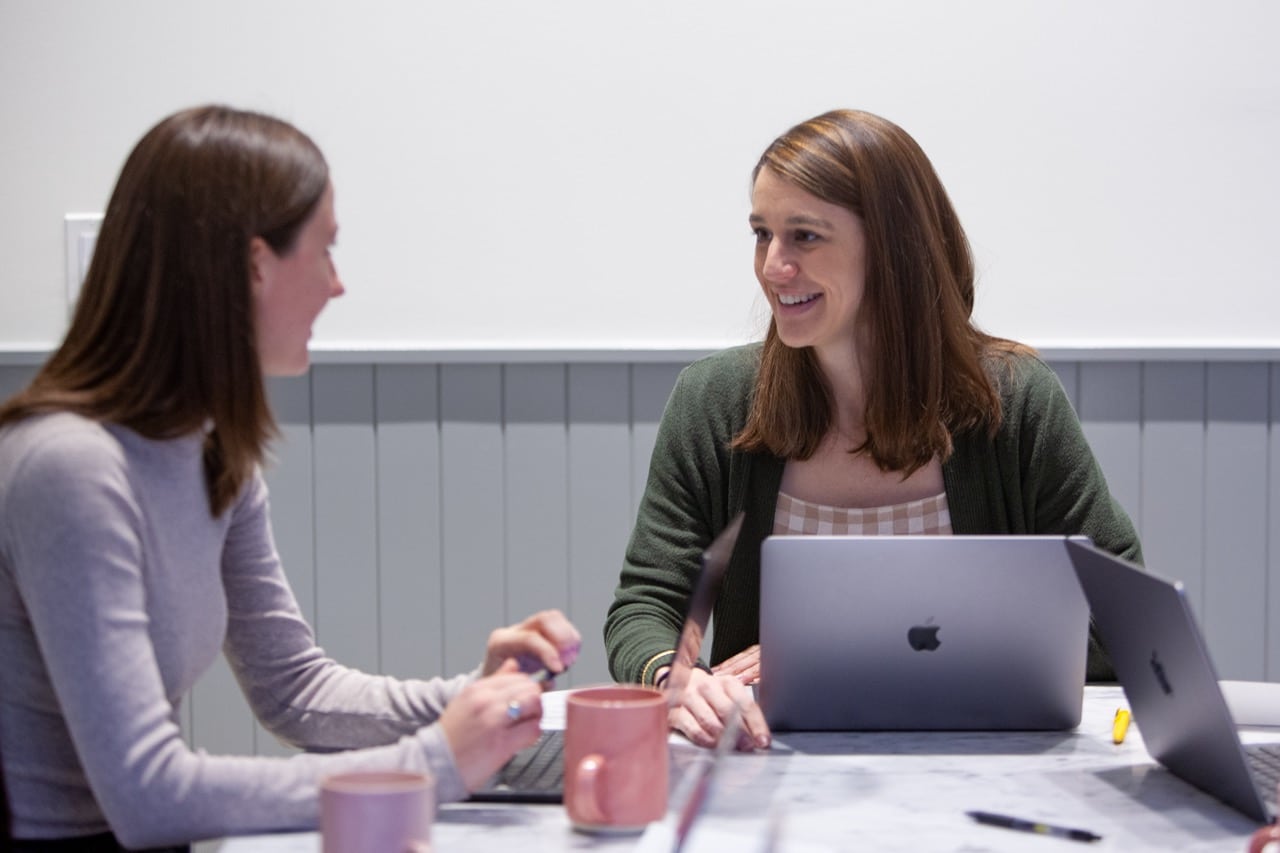“I don’t have the time to pause and think, my days are filled with back to back meetings. When someone asks me a question, I just tell them what I know and I go to my next meeting. I feel like I am fire-fighting”. Adriana, a senior director of a fortune 100 company was telling me this during our recent conversation. She is not alone. If you are even moderately successful, back to back meetings is a sad reality of your life. The more damaging part is, this kind of constant demand on our attention reduces our ability of deep thinking. We end up exhausted creating the same old results we did the last year.”
There is plenty of advice on productivity– Why is it not working?
With numerous blogs, books, Ted talks, podcasts, there is no shortage of resources on improving productivity, health, and well-being. If you don’t live in a cave, you already “know” how exercise, meditation, mindfulness will help you to become better in what you do. Often, these kinds of advice land as something we “should” do. It makes us feel more inadequate when we are not able to exercise daily or meditate twice a day. Instead of taking the time to adopt a healthier lifestyle we mistakenly think that it is enough to “read” a book or “watch” a video on such topics and get well versed with the jargons. A popular myth is, if we can use some of those driving time or house chore times listening to one more podcast, we will become more productive and more successful.
Sometimes even the classes become rather ineffective as they don’t consider the challenges of starting a new habit. A client of mine did a one-week meditation retreat in Boulder, CO, only to tell me that he doesn’t have the time to practice meditation in his daily life. Another friend of mine is in the same boat as she is unable to meditate twice daily as per the instructions from a class she attended.
Ultimately a packed day plus the numerous advice on increasing our productivity and wellbeing is only overloading our brain. According to David Rock’s book, Your Brain at Work : Strategies for Overcoming Distraction, Regaining Focus, and Working Smarter All Day Long , the over-arousal of our limbic system makes us less thoughtful (the brain ends up using familiar patterns as a shortcut) and more prone to negative reactions.
What to do about it?
The fact of grown-up life is, there are always more inputs, stimulus, requests than we can keep up with. One of the secrets of productivity is to focus on fewer things and eliminate distractions.
In an interview, Bill Gates and Warren Buffett emphasized the importance of protecting our time and using it for deep thinking. According to Your Brain at Work, the executive center of our brain (PFC) can only focus on one thing at a time. If there are multiple things, it has to be simpler things, but even then it cannot be more than three or four. When we have too many things to focus, it ends up overloading the PFC, making us even less effective.
In a recent session with a corporate leader, this insight came up. Think like a project manager for yourself. Keep in mind that the most scarce resource is your own attention capacity (the PFC). Carefully curate your priorities. Seriously notice what YOU genuinely want, what would be nice, what other people want but you are too uncomfortable to say No to. Famous researcher on courage and shame, Dr Brene Brown encourages us to build the courage to say “No” more often. For requests that we reluctantly and politely accept only to feel resentment afterwards, her advice is – choose discomfort over resentment.
When thinking of adding a new development goal, add no more than one at a time. For example, you want to start a new exercise routine. Do that for at least three/four months to see if you are able to do it consistently. Adjust as you see fit to figure a routine that is sustainable for you. You will always be alluded to adding another thing, just remember that you may not be able to make it stick.
If finding time becomes a challenge see what fits within the time you have. You may not have the time for a 1-hour exercise class, but it might be lot easier to do a 15-min walk around the block. A 20-min meditation might be a giant commitment, but a few slow deep breaths in between meetings could be a good baby step. I often catch myself browsing mindlessly on a phone/computer pretending I am doing something. I found that taking those times to do a quick walk or a few stretches improve my thinking and overall wellbeing.
Bottom line, our attention is a very limited resource. We need to protect it, use it wisely. This is the only way for us to do deep work, come up with innovative solutions and thus take our career and life to the next level.
Guest Post by: Sharmin Banu, Coach & Facilitator at Reverb

and as a technology leader. She specializes in coaching leaders and
seasoned professionals in the high-tech industry develop their emotional
intelligence (EQ) and Executive Presence resulting in leadership
excellence, team collaboration and desired career transitions. Sharmin
helps her clients tap into their intrinsic motivation, leading to the deeper
levels of engagement and sustainable excellence essential for thriving.














